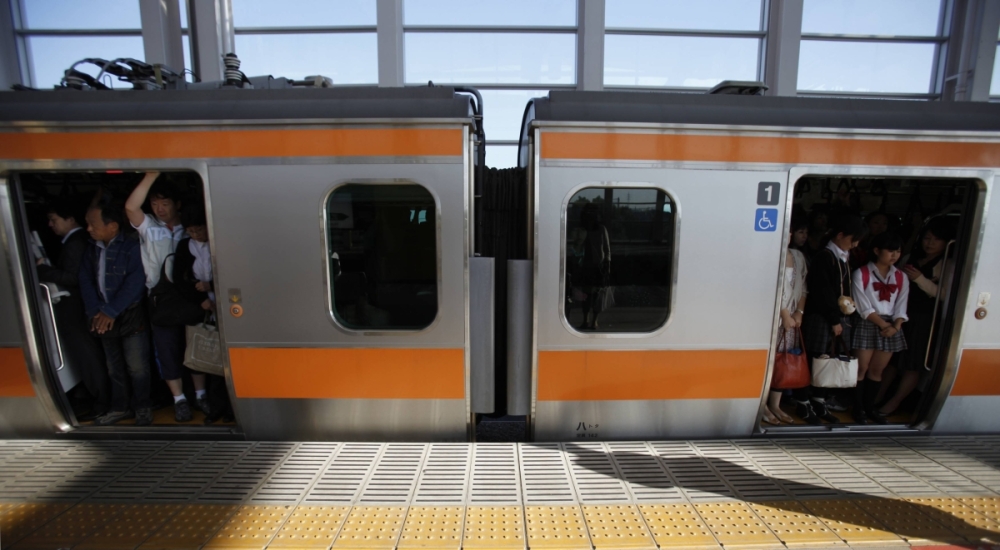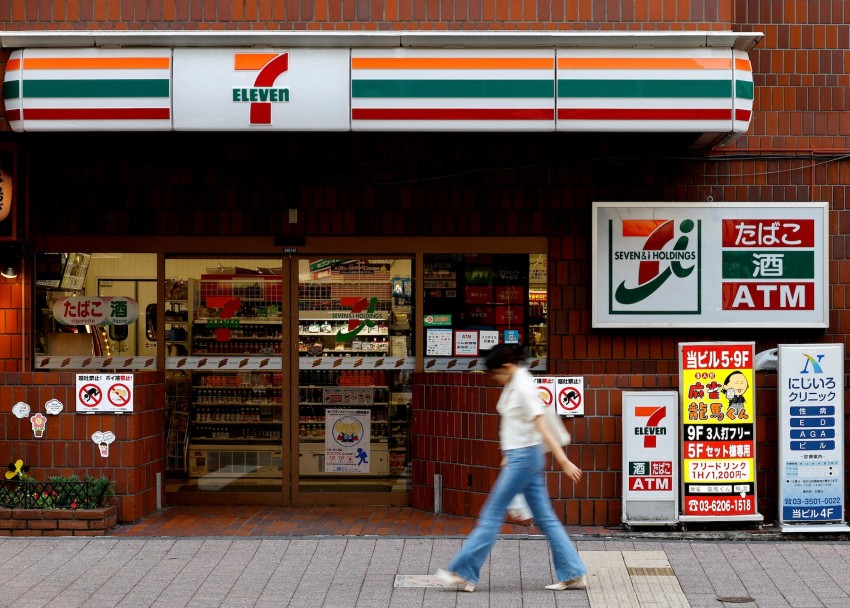JR East fails to disclose data tampering for seven years

East Japan Railway Co. (JR East) revealed on Friday that it had concealed data-tampering misconduct related to the process of fitting wheels to axles for seven years. The company admitted that there were instances where the pressure applied during the wheel-to-axle fitting process either exceeded the upper limit set by the company or fell short of the required lower limit. In some cases, data was deliberately tampered with to mask these discrepancies.
The misconduct took place at a rail yard operated by JR East in Tokyo’s Shinagawa Ward and was first detected back in March 2017. Despite discovering the issue at that time, JR East chose not to disclose it to the public, reasoning that it did not violate any ordinance set by Japan’s transport ministry. According to the company, because there was no direct breach of transport safety regulations, it opted to keep the matter internal.
The announcement of this long-concealed misconduct came in response to an order issued by the Ministry of Land, Infrastructure, Transport, and Tourism, which demanded urgent inspections across railway operators nationwide. This directive was prompted by the uncovering of similar data manipulation incidents at Japan Freight Railway Co. (JR Freight), raising concerns about widespread issues within the railway industry.
JR East’s decision not to disclose the problem until now is likely to spark public and regulatory scrutiny, given that accurate data on critical components like axles and wheels is essential for the safety and maintenance of rail services. Axles, in particular, play a crucial role in ensuring the stability and safe operation of trains, and any deviations in the fitting process could have serious implications for operational safety.
The fact that JR East did not breach any official regulations or ordinances may shield it from legal penalties, but the company could still face criticism for the lack of transparency and potential safety risks associated with the tampered data. The broader issue has also cast a spotlight on the need for stricter oversight in Japan’s railway sector, especially in light of the findings at both JR Freight and JR East.
As the transport ministry continues its investigations into railway operators across the country, it remains to be seen whether further incidents of data tampering will come to light. For JR East, this marks a significant setback in its reputation, and it will likely need to take corrective measures to restore public trust and ensure adherence to safety standards moving forward.













